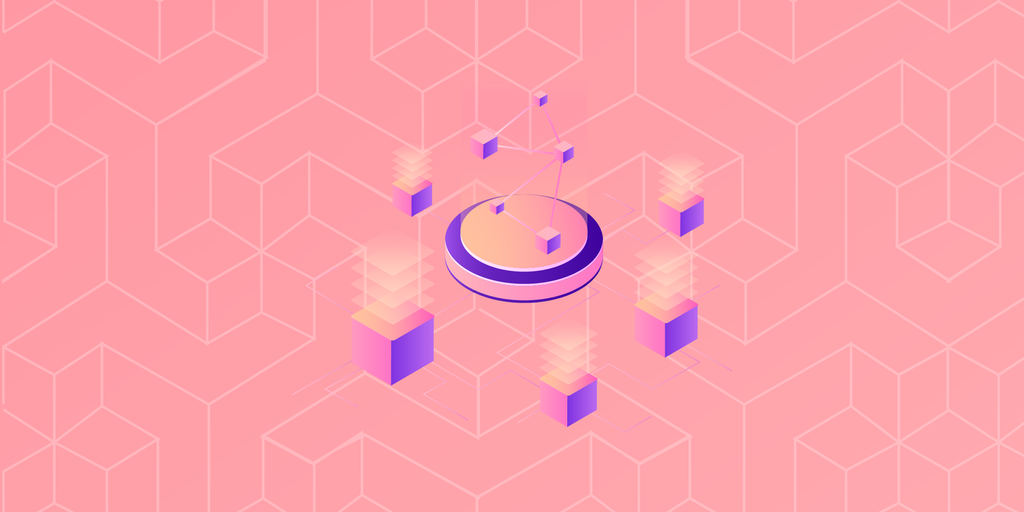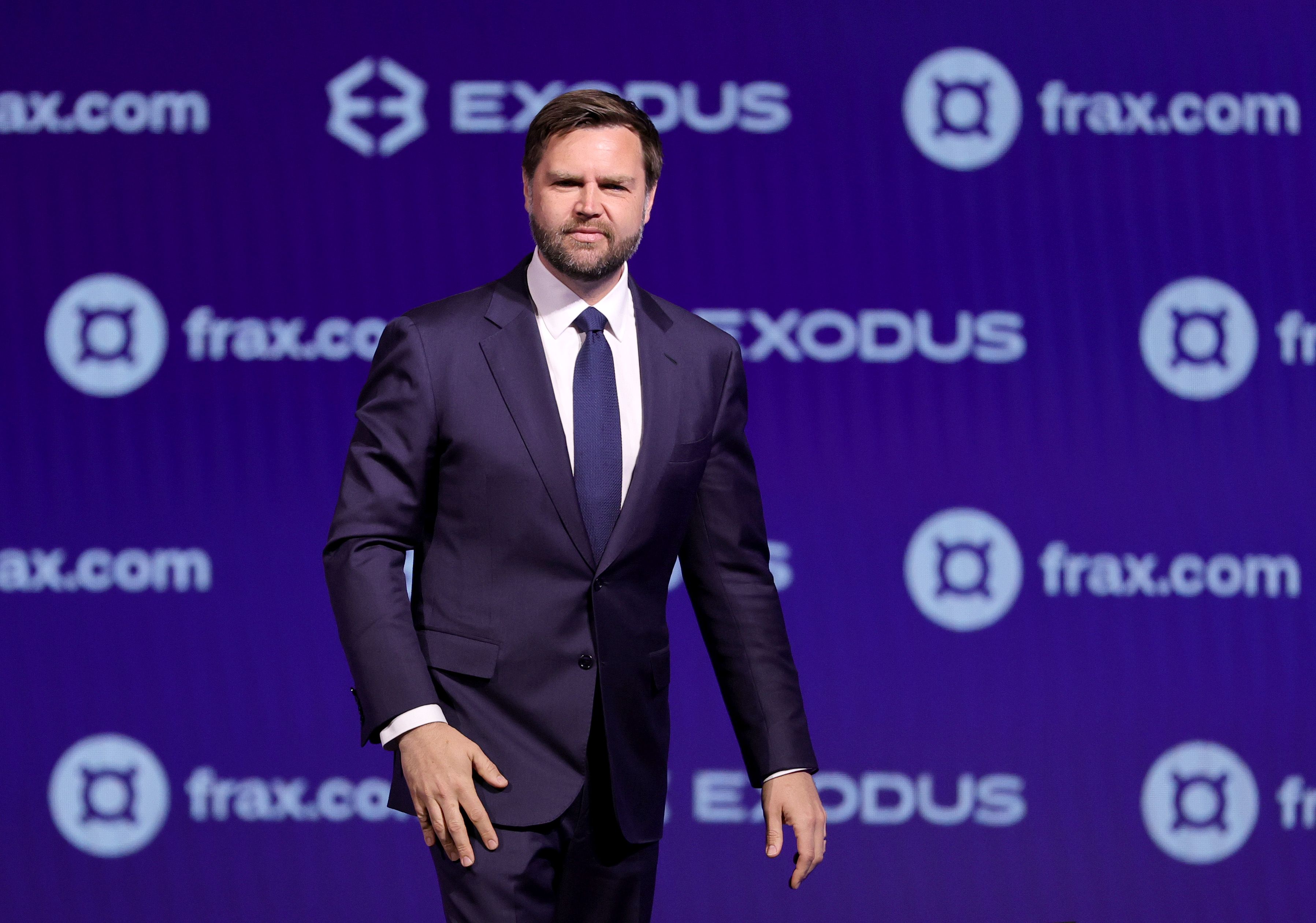
In brief
- Gnosis started out in 2015 as a decentralized prediction market on the Ethereum blockchain.
- Established at the end of 2020, GnosisDAO is the collective steward of the Gnosis ecosystem.
- The CoW (Confidence of Wants) protocol is a permissionless decentralized exchange (DEX)
Originally envisioned as a decentralized prediction market, Gnosis is a blockchain project running on top of the Ethereum network.
Gnosis started out in 2015 as a decentralized prediction market on the Ethereum blockchain. Originally, the team behind the project intended to develop a platform similar to the once promising betting platform Augur, with the now discontinued Gnosis Olympia becoming the project’s first flagship decentralized application (dApp).
The idea of a prediction market is still very much alive though: while Gnosis itself serves as an open framework, prediction markets are realized in third-party dApps built on top the Gnosis Chain, such as Azuro, Omen, and Reality Card. These platforms allow users to bet on the outcome of sport events, cryptocurrency prices, technology developments and politics, among other categories.
With the realization of a greater need for infrastructure tools to expand the utility of the Ethereum ecosystem, Gnosis also moved to develop products such as a decentralized custody protocol and asset management platform Safe (previously known as Gnosis Safe) and the CoW Protocol (previously known as the xotocol), a permissionless trading protocol, which—somewhat similar to the way Uniswap and 1inch work— finds the lowest price for trades across exchanges and aggregators.
Other products developed by Gnosis include Conditional Tokens— a new asset class designed to facilitate the creation of highly liquid prediction markets, with the value of the assets directly correlated to the outcome of an event, as well as Gnosis Auction and Zodiac.
Gnosis Auction helps projects discover a fair price for their token, whereas Zodiac is a collection of tools for composable Decentralized Autonomous Organizations (DAOs).
In November 2020, Gnosis announced the creation of GnosisDAO, described as a prediction market-driven collective with the mission to successfully steward the Gnosis ecosystem through futarchy—a form of governance where prediction markets play a crucial role in determining which policies will have the most positive effect.
Next year, the xDai and GnosisDAO communities voted to merge their ecosystems to create the Gnosis Chain— an EVM-based Ethereum sidechain for stable transactions that leverages the xDai token.
Safe, in its turn, announced the launch of its SafeDAO and Safe Token in September 2022.
The Gnosis ecosystem overview
The Gnosis ecosystem is powered by a native token called GNO, which is used for staking on the Gnosis Beacon Chain and serves as the governance token for the GnosisDAO.
To improve the utility of the Ethereum blockchain, the Gnosis ecosystem relies on several components.
CoW Protocol
The CoW (Confidence of Wants) protocol is a permissionless decentralized exchange (DEX), enabling users to exchange any ERC-20 token—a token standard that allows developers to create their own tokens on the Ethereum network.
What sets the CoW protocol apart from other DEXs is its unique approach to matching and executing trades. Rather than using an automated market maker system that relies on user-provided liquidity, the CoW Protocol matches buyers and sellers through multi-token batch auctions and executes trades at the most favorable available price.
The batch auction mechanism functions by consolidating buy and sell orders every five minutes. Other users can then vie to offer the best order settlement for the group of trades, a process referred to as “solving.” Individuals who engage in this activity on the protocol are known as “solvers.”
By employing solving, traders on the CoW Protocol are shielded from miner extractable value (MEV), which refers to the process where individuals who create new ETH can further profit by manipulating their control over the network and prioritizing certain users’ transactions.
Safe
Safe is a customizable multisignature wallet infrastructure that operates as a smart contract wallet on the Ethereum network, mandating a predetermined number of approvals before a transaction can be executed.
Safe offers support for ETH, ERC-20 and ERC-721 (NFTs) tokens, as well as the ability to interact with various DeFi platforms.
Safe is governed by SafeDAO, a decentralized collective of core contributors, backers, users and ecosystem contributors, collectively known as Safe Guardians.
Gnosis Chain
The Gnosis Chain is an Ethereum Virtual Machine (EVM) execution-layer chain that utilizes the xDAI stablecoin to enable transactions and cover fees. The network’s security is ensured by the Gnosis Beacon Chain (GBC) consensus layer.
The GBC uses a Proof-of-Stake (PoS) mechanism, where users lock up a certain amount of GNO tokens to participate in the transaction validation process. By doing so, they can earn additional GNO tokens as a reward for aiding in securing the network.
GnosisDAO
Established at the end of 2020, GnosisDAO is the collective steward of the Gnosis ecosystem.
As a DAO, Gnosis uses the products it creates to guide decisions on the development, support and governance of its ecosystem.
The GnosisDAO governance process is primarily conducted on the Gnosis Forum, with every successful proposal required to pass three phases before being approved. The governance process is permissionless, meaning there’s no single entity restricting access or controlling participation, with the only requirement that community members hold a minimum of 1 GNO to participate in the GnosisDAO Snapshot poll that makes a ruling on a proposal’s outcome.
Today, the GnosisDAO treasury controls over 150,000 ETH and 8 million GNO, with the GNO tokens vested over eight years.
Stay on top of crypto news, get daily updates in your inbox.
Read More: decrypt.co








 Bitcoin
Bitcoin  Ethereum
Ethereum  Tether
Tether  XRP
XRP  Solana
Solana  USDC
USDC  Dogecoin
Dogecoin  Cardano
Cardano  TRON
TRON  Lido Staked Ether
Lido Staked Ether  Wrapped Bitcoin
Wrapped Bitcoin  Sui
Sui  Wrapped stETH
Wrapped stETH  Hyperliquid
Hyperliquid  Chainlink
Chainlink  Avalanche
Avalanche  Stellar
Stellar  Toncoin
Toncoin  LEO Token
LEO Token  Shiba Inu
Shiba Inu  Bitcoin Cash
Bitcoin Cash  Hedera
Hedera  WETH
WETH  Litecoin
Litecoin  USDS
USDS  Polkadot
Polkadot  Wrapped eETH
Wrapped eETH  Monero
Monero  Bitget Token
Bitget Token  Binance Bridged USDT (BNB Smart Chain)
Binance Bridged USDT (BNB Smart Chain)  Pepe
Pepe  Pi Network
Pi Network  Ethena USDe
Ethena USDe  Coinbase Wrapped BTC
Coinbase Wrapped BTC  WhiteBIT Coin
WhiteBIT Coin  Uniswap
Uniswap  Aave
Aave  Bittensor
Bittensor  Dai
Dai  NEAR Protocol
NEAR Protocol  Aptos
Aptos  OKB
OKB  Jito Staked SOL
Jito Staked SOL  Tokenize Xchange
Tokenize Xchange  BlackRock USD Institutional Digital Liquidity Fund
BlackRock USD Institutional Digital Liquidity Fund  Ondo
Ondo  Cronos
Cronos  Internet Computer
Internet Computer  Ethena Staked USDe
Ethena Staked USDe